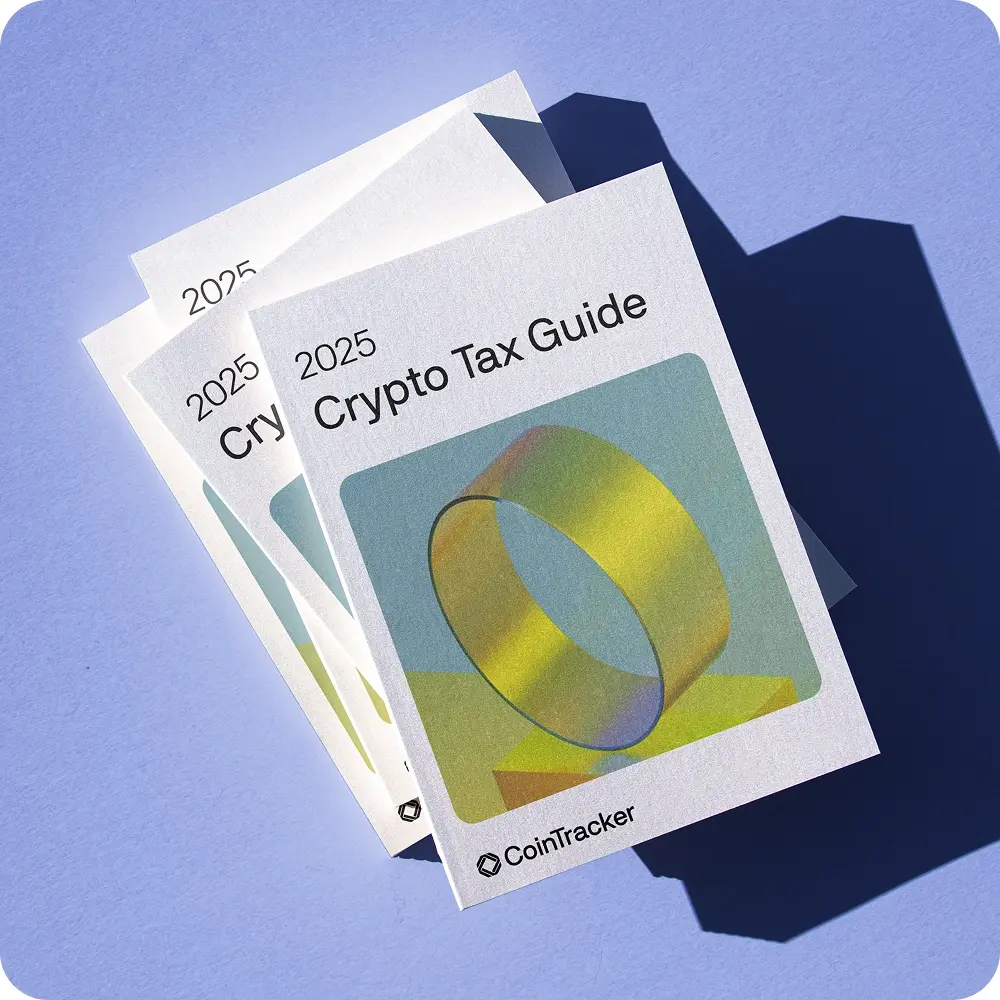Court orders Kraken to comply with IRS request
Nov 1, 2023・2 min read
Certain Kraken users may be at risk of receiving tax notices from the Internal Revenue Service (IRS) as a result of a subpoena issued to Kraken. In May 2021, the IRS sent Kraken a John Doe summons requesting records and data related to their US customers. Kraken litigated the summons but ultimately lost this battle on June 30, 2023, unfortunately.

What information will be shared?
Kraken users who exceeded $20,000 in transaction volume in any year between 2016 and 2020 may be subject to the IRS subpoena. The sum of deposits, withdrawals, and trades in the account determines the $20,000 threshold. Consequently, Kraken must share name, date of birth, tax ID, address, contact information, and transaction history with the IRS.
Kraken expects to share the requested information in early November 2023.
2025
Crypto Tax
Guide is here
CoinTracker's definitive guide to Bitcoin & crypto taxes provides everything you need to know to file your 2024 crypto taxes accurately.

What should Kraken users expect?
The IRS will likely use this information to find potential taxpayers who didn’t file or underreported their taxes. Once the IRS identifies these taxpayers, they will likely send warning letters. These letters include IRS letters 6174, 6174-A & 6173. Letters 6174 & 6174-A are no-action letters. This means you do not have to respond to these letters if you have met all the crypto tax filing obligations outlined in the letter. These letters recommend you file amended or delinquent returns if you think you did not appropriately file crypto taxes in past years.
In contrast, Letter 6173 requires your action within X days. If you do not respond to this letter on time, the IRS may examine your return. You should read through the "What you need to do by the 'respond by' date above" section and provide the necessary documents to the IRS. A qualified tax professional, along with the help of CoinTracker reports, can help you navigate through letter 6173 requirements.
Finally, note that these are educational letters sent by the IRS, and you may get one despite being fully compliant with all your crypto tax reporting. The intent of these types of mechanisms is to increase cryptocurrency tax reporting compliance and not necessarily to penalize the taxpayers.
For a step-by-step guide on exactly what you need to do, check out this IRS crypto letter guide.
If you have any questions or comments about crypto taxes, let us know on Twitter @CoinTracker.
CoinTracker integrates with 300+ cryptocurrency exchanges, 8,000+ cryptocurrencies and makes crypto tax calculations and portfolio tracking simple.
Disclaimer: This post is informational only and is not intended as tax advice. For tax advice, please consult a tax professional.